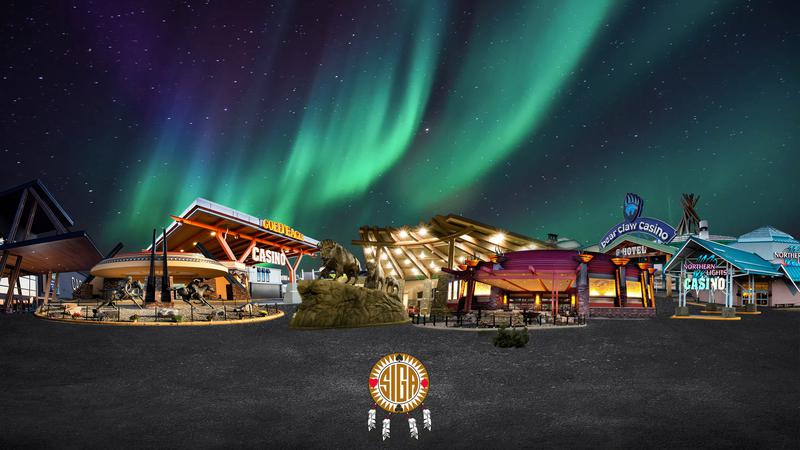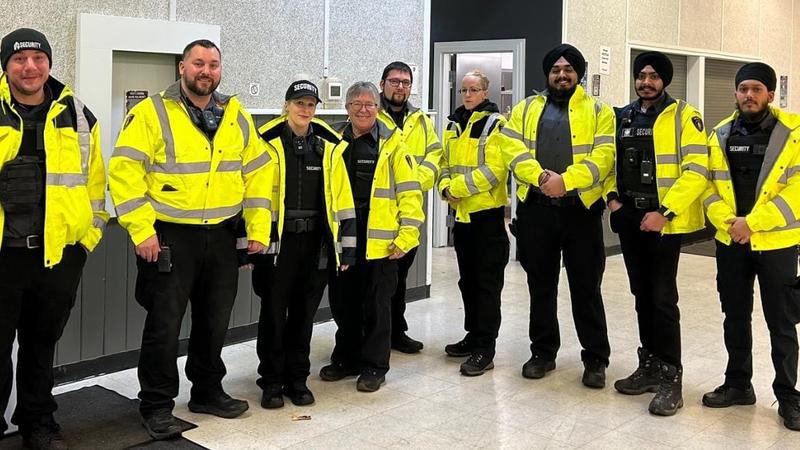
Australian producers return to Saskatchewan for Speckle Park genetics
An Australian cattle producer keeps coming back to Canadian Western Agribition (CWA) in Regina, Sask. because the show has the best genetics in the cattle industry.
This was Greg Ebbeck’s 38th trip to CWA and the 110th time he has been to Canada.
Ebbeck, who runs a company called 6-star Speckle Park, said he has made several business contacts in that time and has sourced excellent genetics on those many trips. He has made connections across the province from the southeast all the way to Lloydminster.
“It gives us a window to look at where we might want to go to after Agribition to try and make contact with new clients where we can buy embryos and semen,” Ebbeck said.



